Managing rental properties in Chicago can be a rewarding investment, but it also comes with its share of challenges, particularly when facing the prospect of evicting a tenant.
The eviction process in Chicago is governed by the Residential Landlord Tenant Ordinance (RLTO)., which is a specific laws and regulations designed to protect both landlords and tenants. Understanding this process is crucial for landlords to navigate these waters smoothly and legally when it comes to their rental property or rental properties. While this guide aims to shed light on the key steps and considerations involved in Chicago's eviction process, we definitely recommend reaching out to an attorney for additional information and guidance.
Understanding the Grounds for Eviction for the Rental Property
The first step in navigating the eviction process is understanding the legal grounds for eviction in Chicago. Common reasons for eviction include non-payment of rent, violation of lease or rental agreement terms, damage to the property, and illegal activities conducted on the premises. Before proceeding with an eviction, it's essential to ensure that the reason for eviction is solid and documented. If they didn't pay rent, make sure you have documentation of their rent activity to date, lease agreement, and anything else that might build your case and justify your right to evict the tenant.
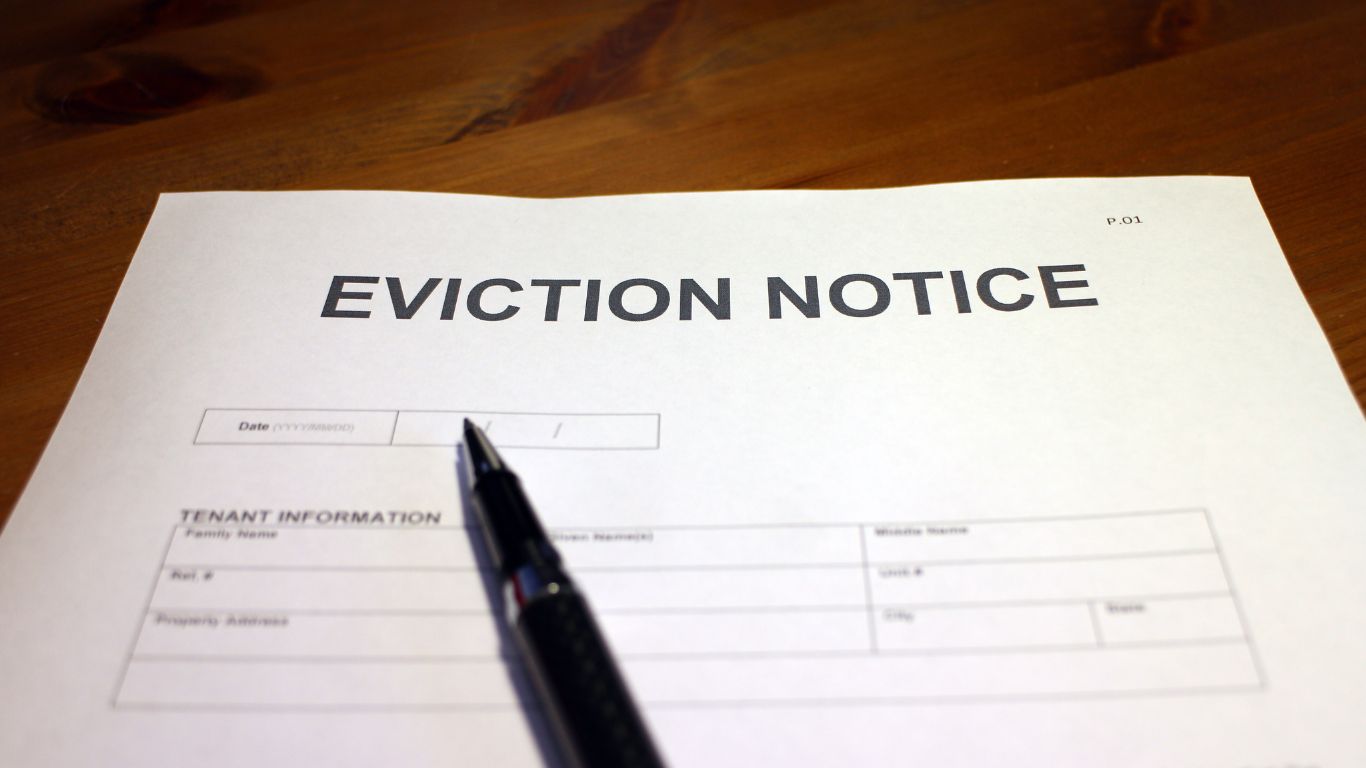
The Importance of a Proper Notice to Evict Tenants
The process formally begins with serving the tenant a proper notice. The type of notice and the notice period depend on the reason for eviction. For not submitting rent payments, a 5-day notice is required, giving the tenant five days as a grace period to pay the rent or face eviction proceedings. For lease violations, a 10-day notice is typically required.
This notice must be served correctly to the tenant. The only option in Chicago and Cook County is to hand-serve the notice. It is very important to know the local laws as a property owner because every location handles eviction notices differently as some states allow written notice, or even sent through certified mail or emailed.
Filing an Eviction Lawsuit
If the tenant fails to rectify the issue within the notice period, the next step is to file an eviction lawsuit, known as a Forcible Entry and Detainer Action, in the Circuit Court of Cook County. This involves submitting the appropriate paperwork and paying a filing fee. The court will then schedule a hearing, and both the landlord and tenant will have the opportunity to present their case.
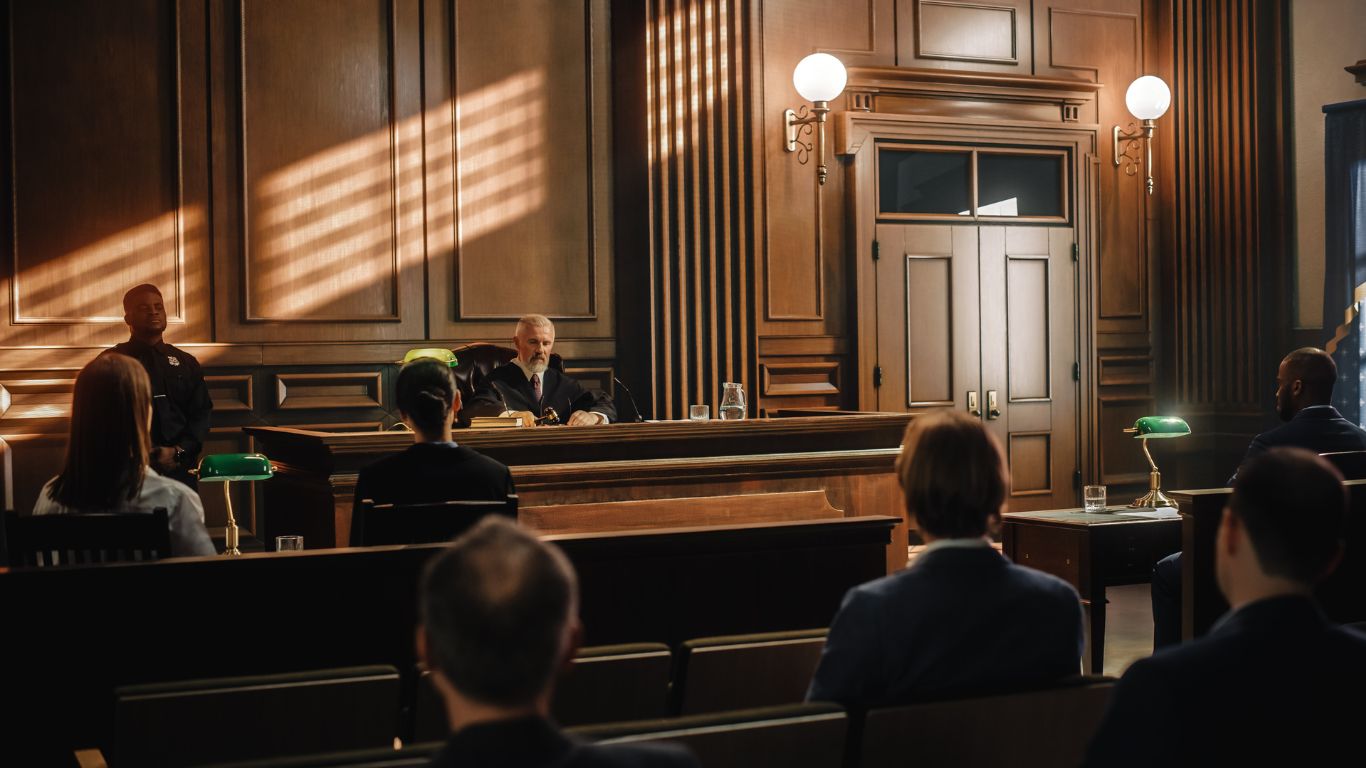
The Court Hearing and Judgment
During the court hearing, it's crucial for landlords to provide evidence supporting their case for eviction, such as lease agreements, payment records including late payments and unpaid portions, and any correspondence with the tenant regarding the eviction notice. If the judge rules in favor of the landlord, a judgment for possession may be issued, and the tenant will be ordered to vacate the property within a specified timeframe.
Enforcing the Eviction
If the tenant does not voluntarily leave the property after the judgment, the landlord can obtain an Order For Possession from the court. This order allows the landlord to hire the Cook County Sheriff's Office to physically remove the tenant and their belongings from the property. For legal reasons, landlords are not allowed to carry out the eviction themselves; it must be done by the sheriff to ensure it's conducted legally and safely.

Considerations and Best Practices
Navigating the eviction process in Chicago requires patience, attention to detail, and a thorough understanding of the legal requirements. Landlords are advised to keep detailed records of all interactions with tenants, payments, and attempts to resolve the situation before resorting to eviction. Additionally, consulting with a property management company or legal professional experienced in Chicago's rental laws can provide valuable guidance and support throughout the process.
Legal Compliance and Documentation
Ensuring legal compliance throughout the eviction process cannot be overstated. Chicago's laws are particularly tenant-friendly, and any misstep by the landlord can result in delays, financial losses, or the dismissal of the eviction case. It's imperative to meticulously document every interaction with the tenant, including notices served, payments received or missed, and any communication related to lease violations. This documentation will be invaluable in court, demonstrating due diligence and adherence to legal procedures.

Communication and Negotiation
Before resorting to eviction, consider communication and negotiation with the tenant. Many rental owners find that open communication and negotiation with tenants can often help avoid eviction. Before escalating to legal action, consider discussing the issues with the tenant directly. This could involve arranging payment plans for those who have failed to pay rent or addressing behaviors that violate the lease terms.
By proactively engaging with tenants, owners can often resolve issues amicably, maintaining a positive relationship and potentially avoiding the need for eviction. Sometimes, a resolution can be reached without legal action, such as setting up a payment plan for overdue rent or addressing lease violations. These open lines of communication can not only resolve the immediate issue but also preserve the relationship, potentially avoiding future conflicts.
Understanding the Impact of Eviction Moratoriums
In response to economic hardships, such as those experienced during the COVID-19 pandemic, eviction moratoriums may be enacted by local, state, or federal governments. These moratoriums temporarily prohibit evictions for certain reasons, the most common reason being not paying rent. Landlords must stay informed about any active moratoriums and understand how they affect their rights and obligations. Even during a moratorium, rental owners should continue to communicate with tenants and document any issues, as this information will be critical once the moratorium is lifted.
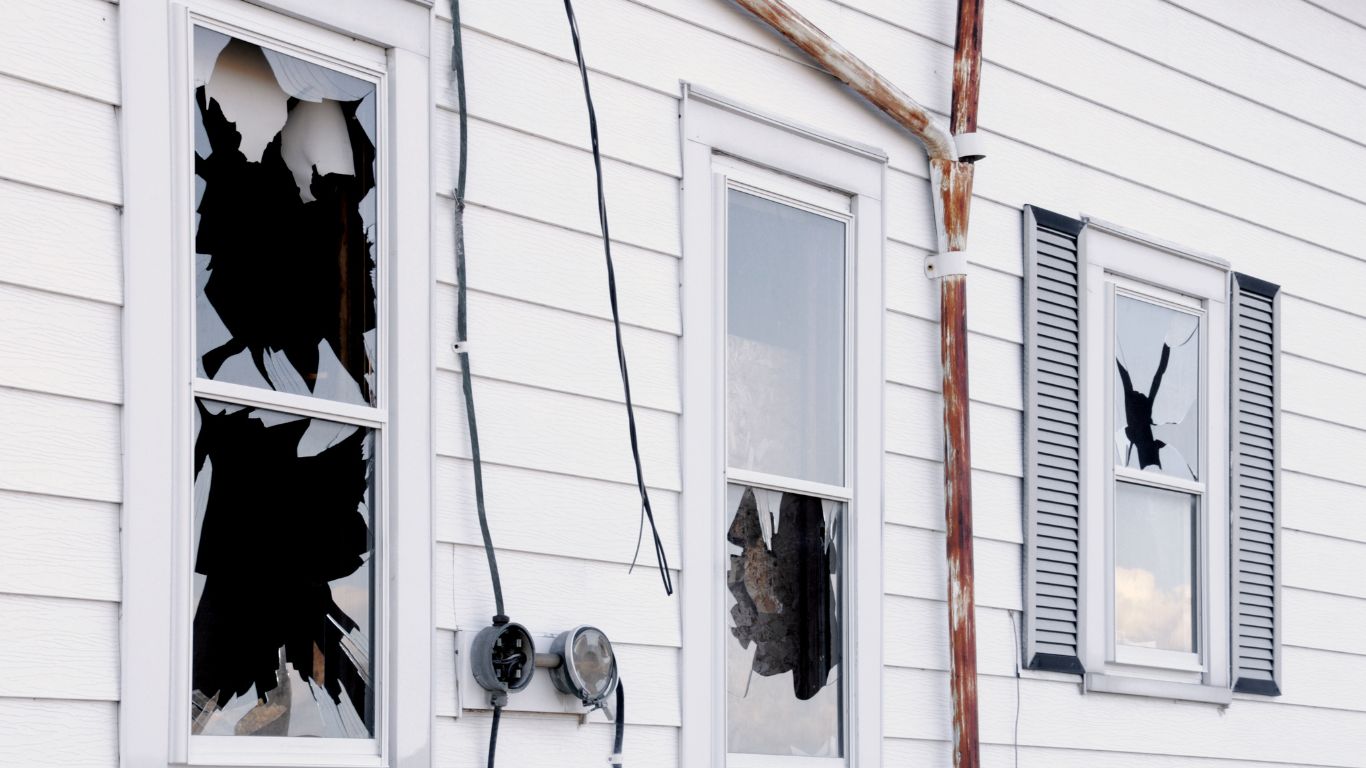
Addressing Criminal and Illegal Activity
When eviction is due to criminal or illegal activity within the rental unit, it's imperative for landlords to act swiftly. Such activities not only breach the lease agreement but may also jeopardize the safety and security of other tenants. In these instances, documentation of the illegal activity, supported by police reports or other evidence, is essential. This underscores the importance of landlords being vigilant and responsive to any reports of illegal behavior within their properties to protect many tenants and avoid potential legal ramifications.
Seeking Professional Assistance
The complexity of eviction laws and the potential for costly mistakes make it advisable for landlords to seek professional assistance. A property management company experienced in Chicago's rental market can manage evictions on behalf of landlords, ensuring compliance with legal requirements and reducing the emotional and administrative burden. Additionally, legal counsel specializing in landlord-tenant law can provide advice tailored to the specific circumstances of the eviction case.
Professionals will be aware of your legal rights and how to handle the process. For example the RLTO provides additional protections for tenants beyond those found in Illinois state law. It applies specifically to residential leases within the city of Chicago and is designed to ensure fairness in the leasing and eviction processes. One of the key features of the RLTO is its detailed requirements for security deposits, including how they must be stored and the timeline for returning them to tenants, which is more stringent compared to general Illinois law. Most Chicago landlords no longer hold a traditional security deposit for this reason.
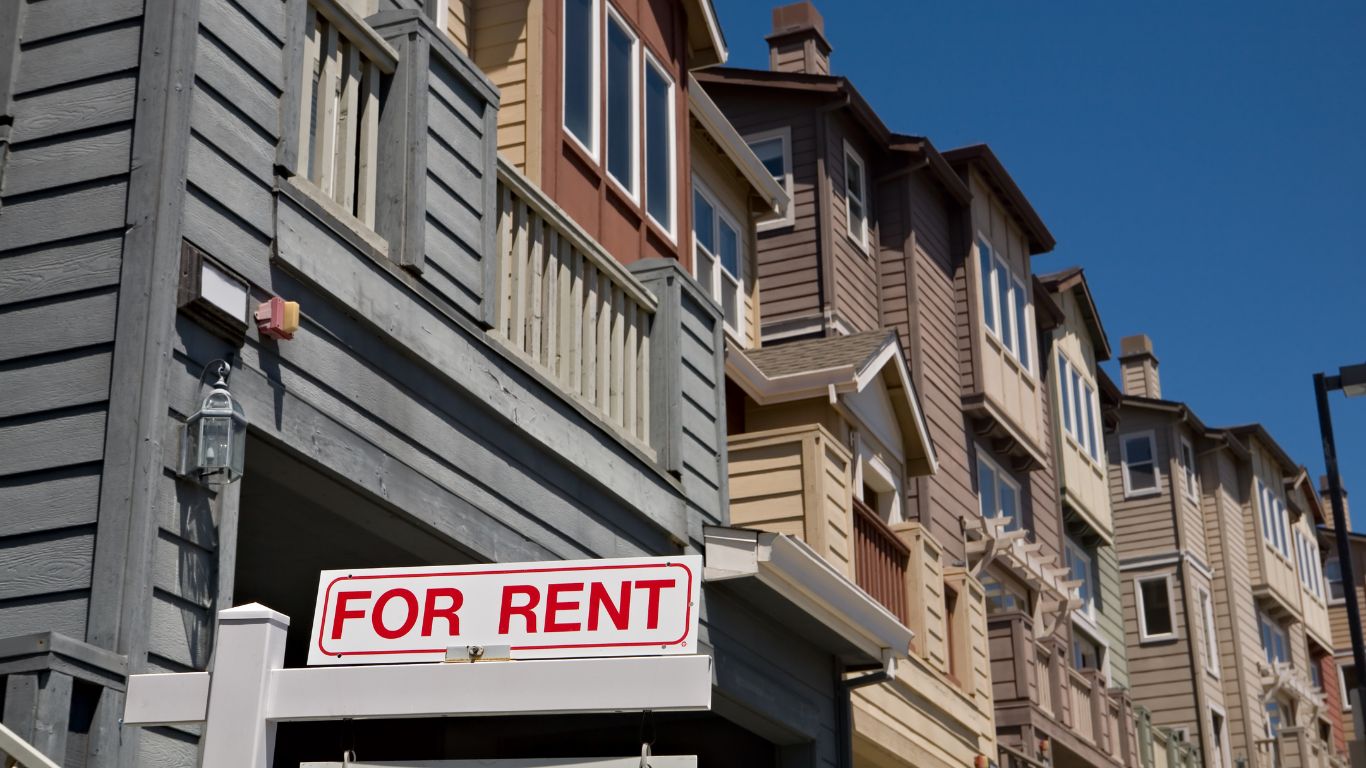
Post-Eviction Considerations
After a successful eviction, landlords must address the condition of the property and prepare it for the market. This may involve cleaning, repairs, and updates to make the property attractive to future tenants. It's also an opportunity to review and possibly update the leasing agreement and screening processes to prevent future issues. Implementing stricter screening criteria or adjusting lease terms can help attract more reliable tenants and reduce the likelihood of future evictions. Failure to run a full suite of professional checks on an applicant can increase the likelihood of an eviction.
Building a Supportive Community
Finally, fostering a positive community within your properties can indirectly reduce the likelihood of eviction. Tenants who feel connected to their community are more likely to comply with lease terms and communicate openly with landlords about any issues. Community-building efforts, such as organizing events or creating common areas where tenants can interact, can contribute to a more harmonious landlord-tenant relationship.
Conclusion
Eviction is a last resort but sometimes necessary to protect your property and financial investment. By understanding the legal framework, maintaining open communication with tenants, and leveraging professional resources, landlords can navigate Chicago evictions more smoothly and effectively. Remember, the goal is not just to resolve the current issue but to implement practices that prevent future evictions and promote a stable, profitable rental business.
If you're facing challenges with tenants or the prospect of eviction, don't navigate this complex process alone. Contact Landmark Property Management today, to enhance your property management strategy, minimize the risk of eviction, and maximize your investment returns. Let's work together to create a thriving rental community in Chicago.

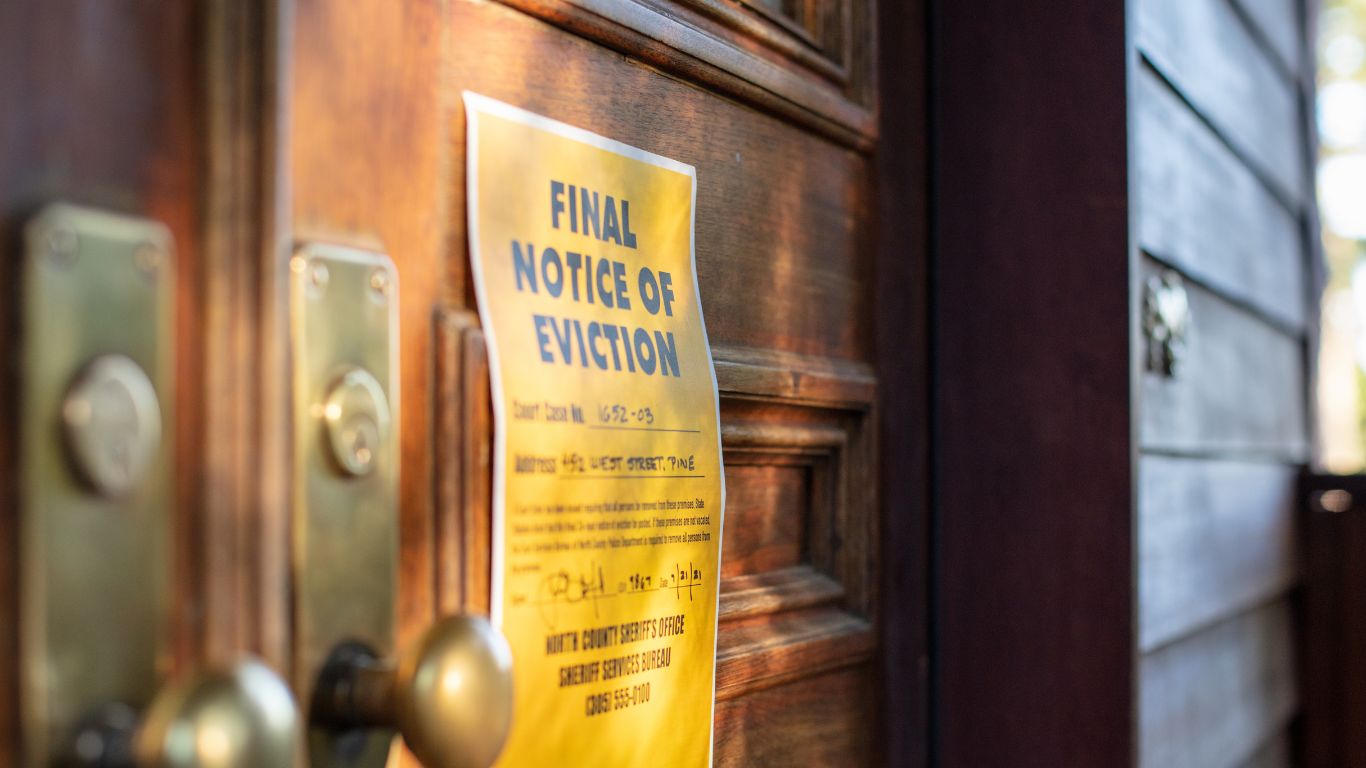




.png)


